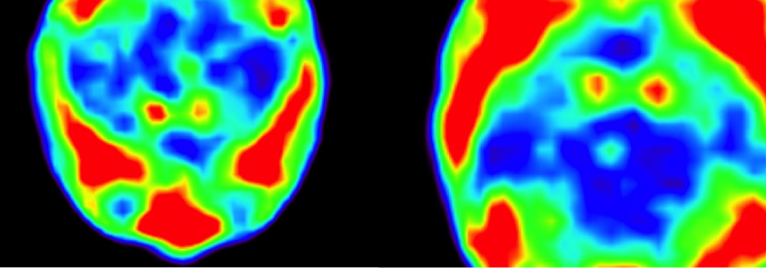 Munich. SFB 128 researcher Elisabeth Schuh, MD, has been honoured by a young scientist’s studentship within the KKNMS SEED program. In her project „The role of the NLRP3 inflammasome in multiple sclerosis and experimental autoimmune encephalomyelitis“, Dr. Schuh analyses the influence of the NLRP3in MS. NLRP is a cytosolic protein complex in monocytes, macrophages and neutrophil granolucytes that regulated the production of inflammatory cytokines of the interleukin-1 family. In her project, Dr. Schuh wants to identify the population of myeloid cells involved in MS pathogenesis, with the aim of finding new pathways for therapeutic intervention that prevent autoimmune tissue damage.
Munich. SFB 128 researcher Elisabeth Schuh, MD, has been honoured by a young scientist’s studentship within the KKNMS SEED program. In her project „The role of the NLRP3 inflammasome in multiple sclerosis and experimental autoimmune encephalomyelitis“, Dr. Schuh analyses the influence of the NLRP3in MS. NLRP is a cytosolic protein complex in monocytes, macrophages and neutrophil granolucytes that regulated the production of inflammatory cytokines of the interleukin-1 family. In her project, Dr. Schuh wants to identify the population of myeloid cells involved in MS pathogenesis, with the aim of finding new pathways for therapeutic intervention that prevent autoimmune tissue damage.
The SEED program addresses scientists younger than 32 years who have not yet completed their medical training. The maximum funding is 32.000 € or 75 percent of the project’s budget. The remaining 25% have to be paid by the stipend’s employee.

















